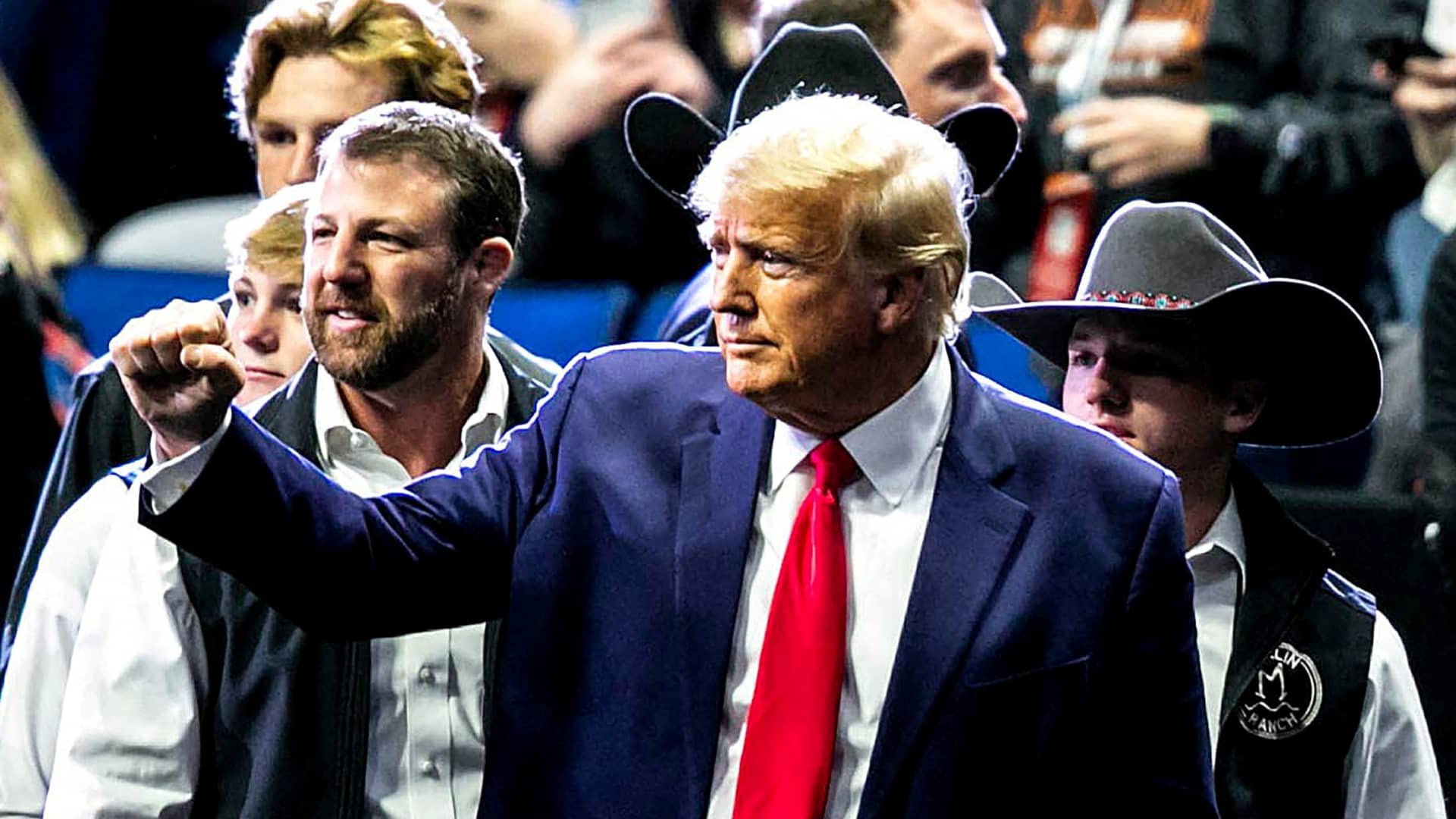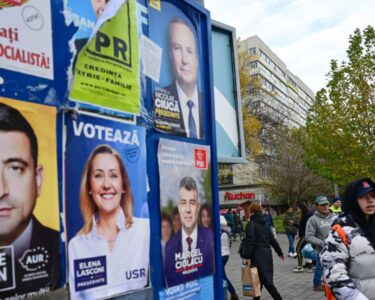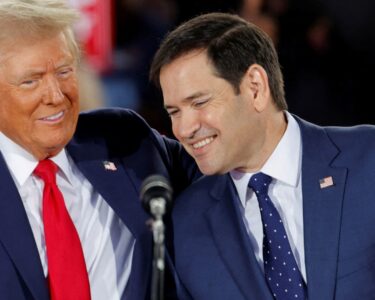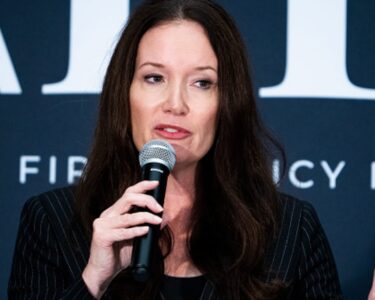Former President Donald Trump in a new court filing Monday sought to block potential prosecution of him and various allies for crimes related to his efforts to reverse his loss to President Joe Biden in Georgia’s 2020 election.
Trump asked a judge to quash the report of a special grand jury in Atlanta and to bar any evidence from that panel from being used to prosecute individuals.
His court filing also sought to disqualify the Fulton County District Attorney’s Office, which has been conducting the criminal probe, from being involved in the case.
The Georgia investigation for two years has been considered a leading threat to end with criminal charges against Trump, the top contender for the 2024 Republican presidential nomination, who faces three other major pending criminal probes.
The Atlanta grand jury earlier this year finished hearing testimony and reviewing evidence submitted by prosecutors. The panel then recommended the filing of criminal charges against a number of people, who have not been publicly identified.
The probe is focused on Trump’s aggressive bid after Election Day 2020 to get Georgia election officials to toss out enough ballots cast for Biden to erase Biden’s victory in the state.
Georgia was one of several swing states won by Biden in the popular vote, which gave him his margin of victory over Trump in the Electoral College, the entity that actually selects U.S. presidents.
The grand jury focused particularly on a Jan. 2, 2021, phone call, during which Trump asked Georgia Secretary of State Brad Raffensperger to “find 11,780 votes” for Trump.
Trump’s 483-page court filing argues that the grand jury “was conducted under an unconstitutional statute, through an illegal and unconstitutional process.”
The filing also notes recent comments to media outlets by the grand jury’s forewoman, and later statements by other members of the panel, calling those statements evidence that “this grand jury was improperly supervised or, worse, improperly instructed from the outset.”
And the filing claims that Fulton County DA Fani Willis “violated prosecutorial standards and acted with disregard for the gravity of the circumstances and the constitutional rights of those involved.”
A spokesman for Willis declined to comment. The attorneys who submitted Monday’s filing for Trump did not immediately respond to separate requests for comment.
Trump’s filing asks that the motion be ruled on by Chief Judge Ural Glanville of Fulton County Superior Court and not Judge Robert McBurney, who has been supervising the grand jury.
The filing argues, “The Supervising Judge’s improper conduct tainted the proceeding and similarly violated notions of fundamental fairness and due process.”
The filing claims that McBurney “made inappropriate and prejudicial comments relating to the conduct under investigation as well as potential witnesses’ invocation of the Fifth Amendment,” the constitutional right against being compelled to give testimony that could incriminate the person testifying.
The filing comes as Trump is expected to be indicted by another grand jury in New York City in connection with a $130,000 hush-money payment his former lawyer Michael Cohen made to porn star Stormy Daniels shortly before the 2016 presidential election.
In addition to the Georgia and Manhattan investigations, Trump is the target of two other criminal probes by the U.S. Department of Justice.
One of those inquiries relates to Trump’s attempt to reverse his loss nationally in the 2020 election, and to interfere in the Jan. 6, 2021, certification of the Electoral College results by a joint session of Congress. That proceeding was interrupted for hours by an invasion of the U.S. Capitol by hundreds of Trump supporters after Trump held a rally in which he called on backers to “fight” against the certification.
The DOJ also is investigating Trump for the removal of hundreds of government documents, many of them highly classified, from the White House, when he left office in January 2021. That probe also is examining whether Trump and others, including his lawyers, obstructed justice when federal authorities were seeking the return of those documents from his residence at his Mar-a-Lago club in Palm Beach, Florida.






